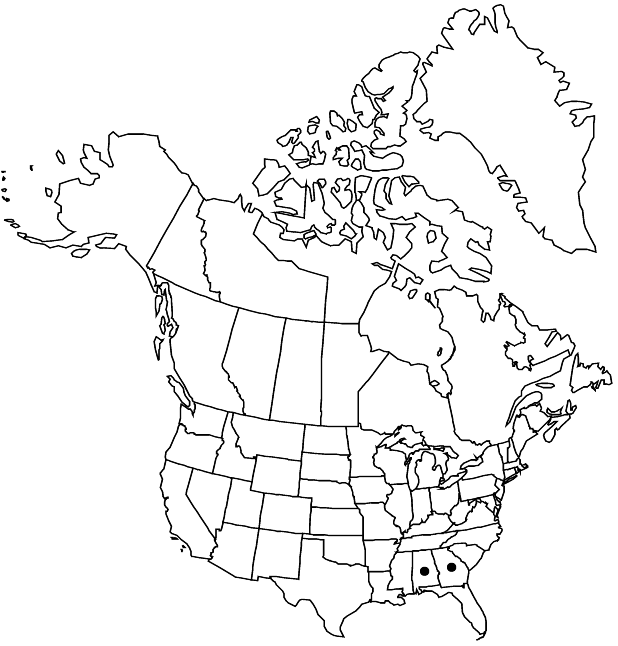Difference between revisions of "Rhododendron prunifolium"
Rhododendrons, 230. 1917 ,.
FNA>Volume Importer |
FNA>Volume Importer |
||
| Line 7: | Line 7: | ||
}} | }} | ||
|common_names=Plumleaf azalea | |common_names=Plumleaf azalea | ||
| − | |basionyms={{Treatment/ID/ | + | |basionyms={{Treatment/ID/Basionym |
|name=Azalea prunifolia | |name=Azalea prunifolia | ||
|authority=Small | |authority=Small | ||
| + | |publication_title=Fl. SE. U.S. ed. | ||
| + | |publication_place=2, 1356, 1375. 1913 | ||
}} | }} | ||
|synonyms= | |synonyms= | ||
| Line 51: | Line 53: | ||
|publication year= | |publication year= | ||
|special status= | |special status= | ||
| − | |source xml=https://jpend@bitbucket.org/aafc-mbb/fna-data-curation.git/src/ | + | |source xml=https://jpend@bitbucket.org/aafc-mbb/fna-data-curation.git/src/f6b125a955440c0872999024f038d74684f65921/coarse_grained_fna_xml/V8/V8_919.xml |
|subfamily=Ericaceae subfam. Ericoideae | |subfamily=Ericaceae subfam. Ericoideae | ||
|genus=Rhododendron | |genus=Rhododendron | ||
Revision as of 21:31, 24 September 2019
Shrubs or trees, to 5(–6) m, usually not rhizomatous. Stems: bark smooth to vertically furrowed, shredding; twigs glabrous. Leaves deciduous; petiole usually multicellular eglandular-hairy and unicellular-hairy; blade ovate to obovate, 3–11(–15.2) × 1–4(–5) cm, thin, membranous to chartaceous, margins entire, plane, ciliate, eglandular-hairy, apex acute to obtuse, often mucronate, abaxial surface glabrous, adaxial surface glabrous or, rarely, sparsely scattered eglandular-hairy. Floral bud scales glabrous abaxially, margins unicellular-ciliate. Inflorescences 4–7-flowered; bracts similar to bud scales. Pedicels 5–12 mm, eglandular-hairy. Flowers opening after development of leaves, erect to horizontal, not fragrant; calyx lobes 1–3(–4) mm, glabrous or sparsely unicellular-hairy, margins eglandular-hairy; corolla red to orange-red or orange, with indistinct darker blotch on upper lobe, funnelform, 36–53 mm, glabrous or very sparsely long stipitate-glandular-hairy, sometimes also sparsely unicellular-hairy on outer surface, petals connate, lobes 11–22 mm, tube abruptly expanded into lobes, 23–35 mm (± equaling or much longer than lobes); stamens 5, much exserted, ± unequal, 64–84 mm. Capsules borne on erect pedicels, 15–22 × 4.5–7 mm, densely, stiffly eglandular-hairy and sparsely unicellular-hairy. Seeds without distinct tails, flattened portion of testa well developed at each end; testa expanded, dorsiventrally flattened, ± loose. 2n = 26.
Phenology: Flowering summer.
Habitat: Shady forests, especially ravines along streams
Elevation: 30-200 m
Discussion
Of conservation concern.
Rhododendron prunifolium is most closely related to R. flammeum, R. cumberlandense, and R. calendulaceum, and can be distinguished from all of those orange- to red-flowered species by its nearly glabrous and more gradually expanded corolla tube and by the indistinct nature of the floral blotch (K. A. Kron 1993). This species is federally protected.
Selected References
None.
